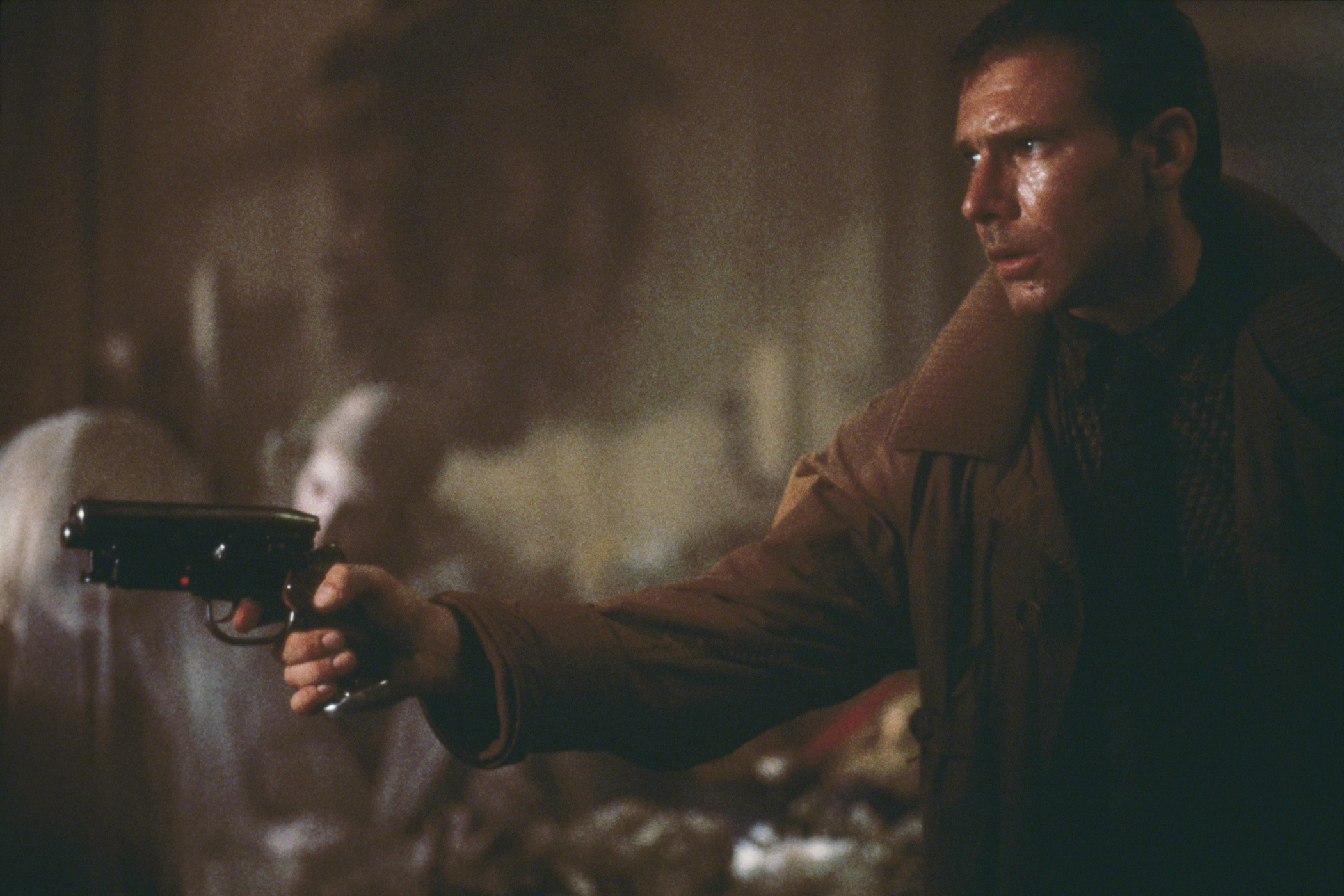Post by SnoBorderZero on Aug 15, 2017 1:29:09 GMT -5

Kathryn Bigelow has come a long way as a filmmaker. Not to say that she was ever making bad or uninteresting films early in her career, and I'm certainly the last person who will say that some of those films like Point Break were anything less than high quality entertainment, but after directing The Hurt Locker it's clear that Bigelow has evolved tremendously as a filmmaker and has found firm footing in crafting highly suspenseful dramas as evidenced by the Best Picture winning The Hurt Locker and her followup Zero Dark Thirty. Both The Hurt Locker and Perfect Dark Zero contained brilliantly staged sequences that squeezed every ounce of tension they could to great effect. Whether characters are steadily traversing a bomb ravaged patch road or invading a terrorist compound, Bigelow has dazzled with her last two films in terms of delivering searing dramatic tension. I'm happy to report that, while I feel both The Hurt Locker and Zero Dark Thirty were stronger pieces, Detroit continues Bigelow's streak of viewing true life subjects in their most raw and nerve wracking moments while examining the larger picture ensnaring them all. There are few directors who can bring so much steady energy to a film while emotionally exhausting us at the same time, and despite its flaws Detroit will undoubtedly go down as one of the most well crafted films of 2017.
Set nearly fifty years ago to the day with themes resembling ones we still face today, Detroit centers on the 1967 race riots that shook the African American community after tension with police reached its boiling point. As the riots progressed, the city began to resemble a war zone. Burning buildings, armed military officers, and curfews became the new environment that felt more like East Berlin than a midwestern city. While all of Detroit is affected by this sweeping chaos, Bigelow chooses the focus the majority of the film on two friends, Larry (Algee Smith) and Fred (Jacob Lattimore), who are on the verge of launching a Motown-inspired group. Larry is the lead singer and a budding talent who's crushed when his big opportunity at the Fox Theatre gets cancelled due to the riots. Heartbroken, Larry and Fred make their ways to the Algiers Motel (I know this is based on true accounts, but it's hard not to think of the landmark film Battle for Algiers and its similarities to this film) where the film really begins to take off. After being in the wrong place at the wrong time, the police have surrounded the building and continue to subject the two boys along with the other African Americans in the hotel to a series of barbaric and senseless rounds of intimidation. It's a scene that maybe goes on for a bit too long, but it's certainly the heart of what this film is about and Bigelow knows just how play it.
We don't get much background exposition on most of the characters in the film, but we do get a strong sense of who they are especially since every scene in this film showcases citizens and police alike under high amounts of duress. The film is very blunt in its portrayal of pretty much everyone, at times to a fault. The white police officers are all extreme racists, especially the two at the forefront of the situation at the hotel. They have no redeeming characteristics and are essentially just hellbent on exacting their authority on African Americans. The leader of the group (Will Poulter) wasn't always convincing for me as the pure evil cop, but the hotel scenes don't lose any of their power because of it. The young cast, including John Boyega as a security guard, certainly get more to work with and exhibit the moral awareness and hunger for justice that exudes their antagonists. Boyega finds himself in the uniquely awkward position of playing an African American attempting to restore order in the city as an armed keeper of the peace. His role becomes an interesting subplot revolving around the shifting dynamics of power raging inside Detroit. He doesn't really belong to either group, as absurd as that is, and seems confused himself as to whether to follow his colleagues or to stand with his community. Though the film's themes never ascend beyond interesting yet surface level observations on class and race in 1967, Boyega's character was an interesting one that I wish Bigelow had stayed with more.
Detroit is a film that's long and certainly feels like it. Bigelow wastes no time in plunging the viewer directly into the riot's most contentious situations and refuses to let us off the hook from there. It certainly feels like a place where chaos has taken over and the police are looking to hurt anyone that they can. Even with the large military presence, there never feels like any order exists in the city and everyone is just looking to survive. Bigelow never plays this up to the point of overly dramatizing the conditions, but there is an eerie atmosphere that permeates through the film that the city is a step away from falling to total anarchy. While this film might not have quite the luster of some of the wildest moments in The Hurt Locker or Zero Dark Thirty, Detroit is yet another dramatic thriller from Kathryn Bigelow that shows off her sensational ability to carry suspense while inserting us into a place in time that eerily mirrors the sociopolitical landscape of 2017. Bigelow has certainly found her strong point as a filmmaker, and while Detroit feels like a slight step back from her previous two entries, she continues to cement herself as one the most exciting directors working today.
8/10


